Find Help
More Items From Ergsy search
-
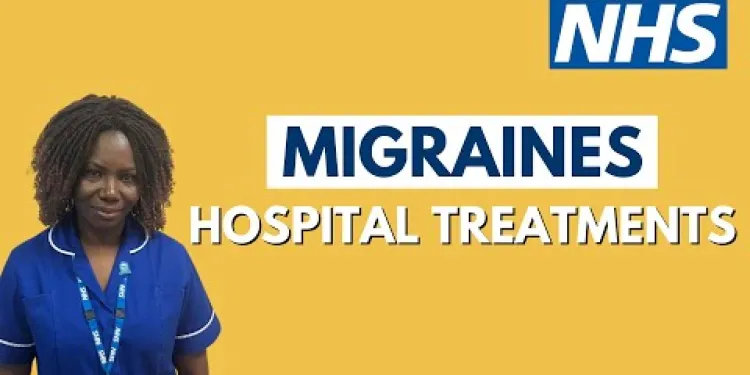
Migraine
Relevance: 100%
-

Migraine
Relevance: 99%
-

Migraine | NHS
Relevance: 95%
-

Migraine | NHS
Relevance: 94%
-
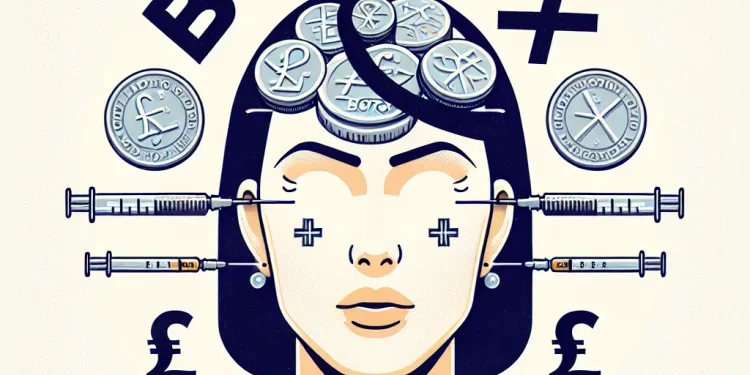
Can Botox be used for migraines?
Relevance: 86%
-

What are migraines and cluster headaches?
Relevance: 85%
-

What are headaches?
Relevance: 34%
-

What is Botox used for?
Relevance: 30%
-

Can Botox be used for treating conditions other than wrinkles?
Relevance: 28%
-

What is a common use of paracetamol?
Relevance: 28%
-
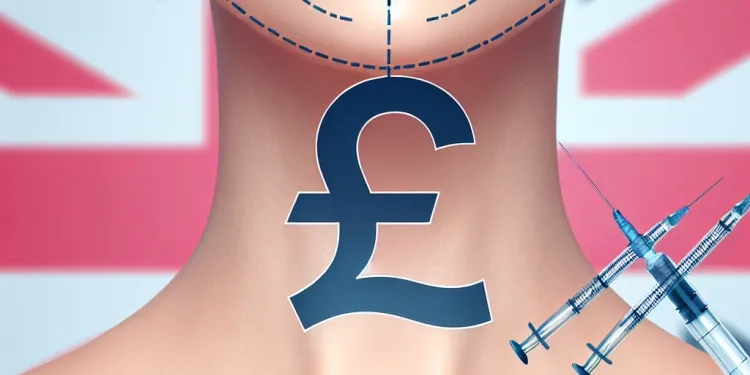
What areas can be treated with Botox?
Relevance: 26%
-

What is Botox?
Relevance: 24%
-
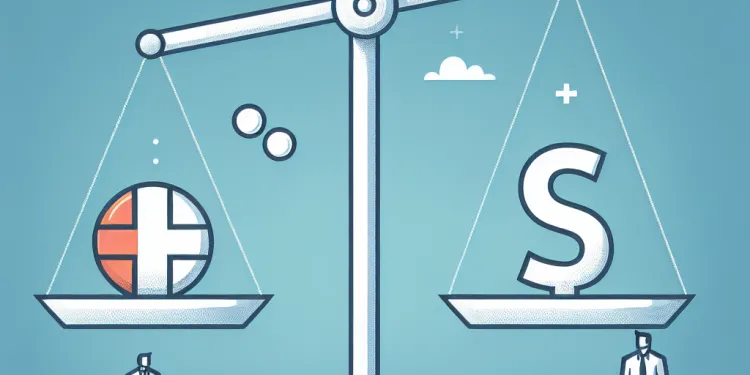
Which one is better for headaches: Aspirin or Paracetamol?
Relevance: 23%
-
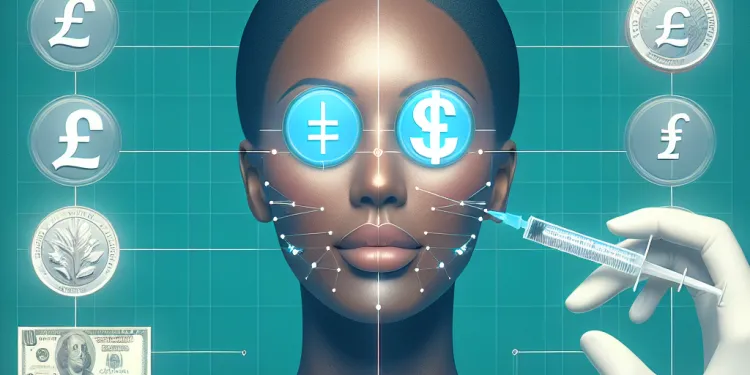
What are the common uses of Botox?
Relevance: 20%
-

How long has Botox been used in medicine?
Relevance: 19%
-
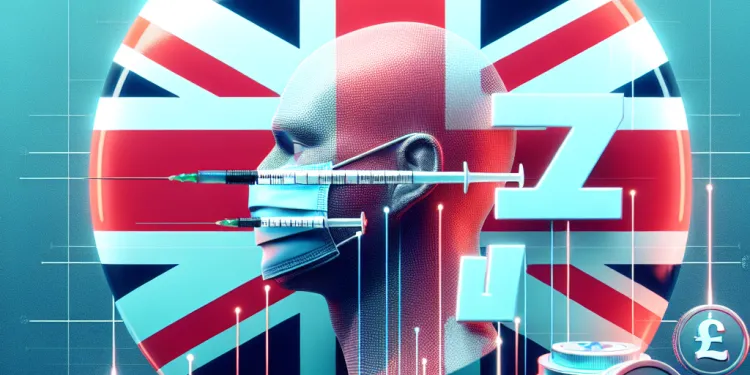
Can I get Botulism from Botox Treatments?
Relevance: 18%
-
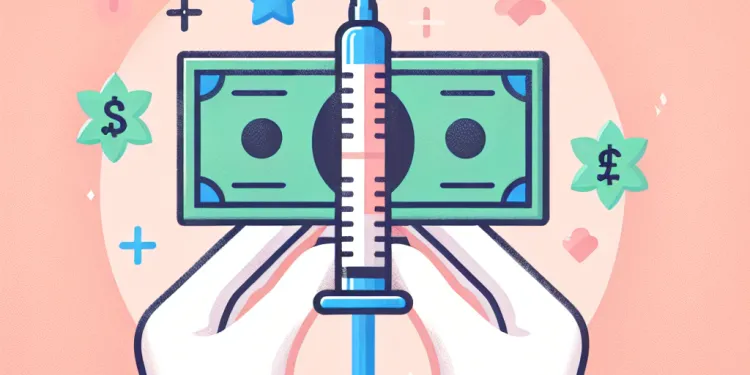
Can anyone get Botox treatments?
Relevance: 18%
-

What is Botox made from?
Relevance: 17%
-

How does Botox work?
Relevance: 17%
-

Is Botox safe?
Relevance: 16%
-

How does Botox work if it's related to botulism toxin?
Relevance: 16%
-

Can Botox cause serious health issues?
Relevance: 16%
-
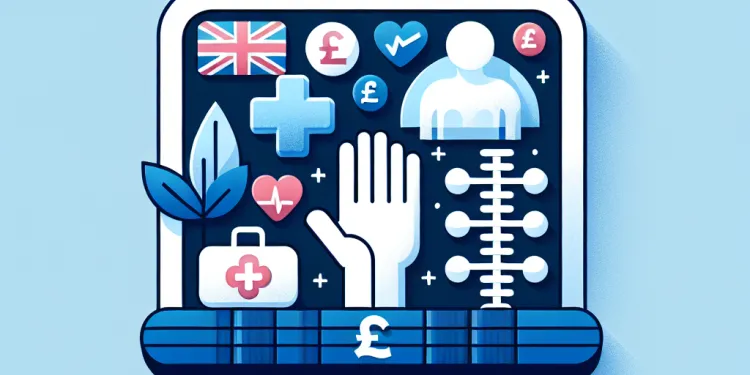
Can chiropractors help with headaches?
Relevance: 15%
-
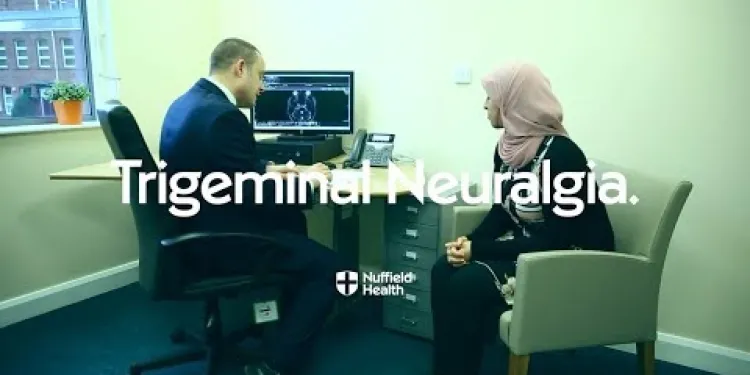
Trigeminal Neuralgia
Relevance: 14%
-
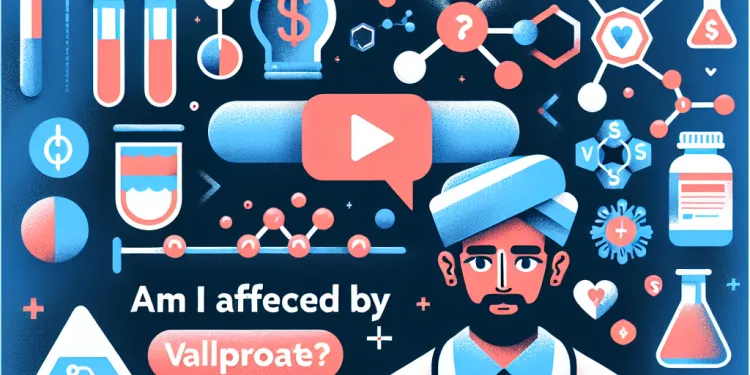
Am I affected by Sodium Valproate?
Relevance: 13%
-
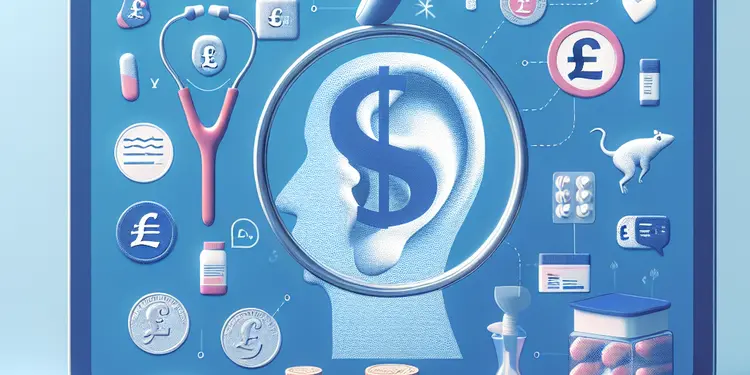
Are there specific medications that can cause tinnitus?
Relevance: 13%
-
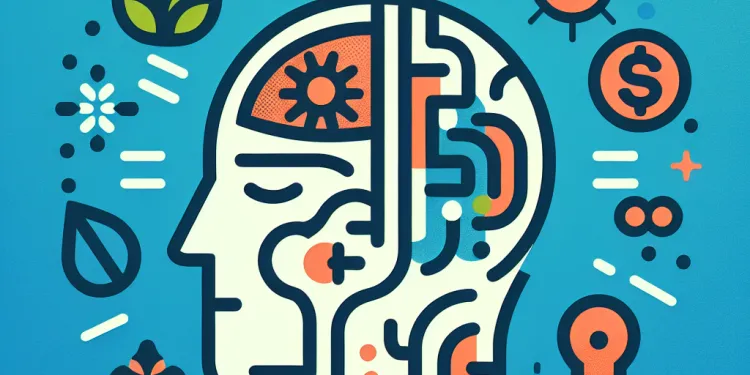
Is headache a symptom of a concussion?
Relevance: 12%
-

What are the uses of cannabis extract?
Relevance: 12%
-
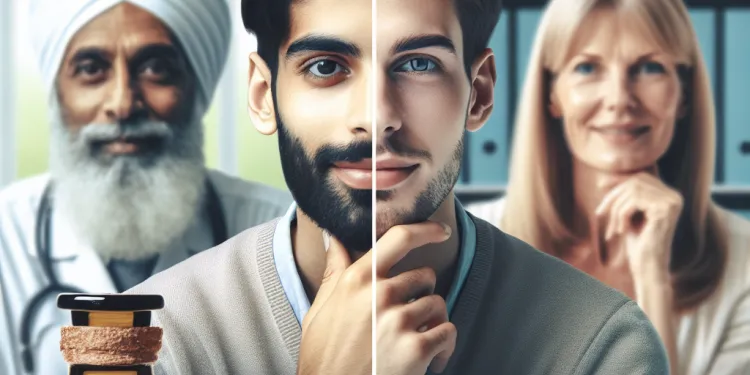
What are some common conditions treated with homeopathy?
Relevance: 12%
-
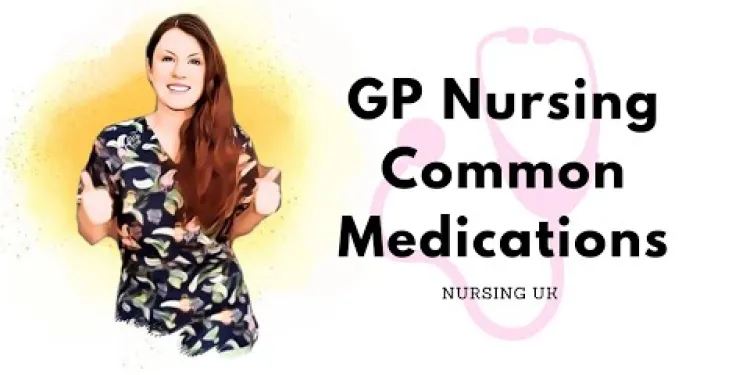
GP Nursing Most Common Medications UK.
Relevance: 12%
-
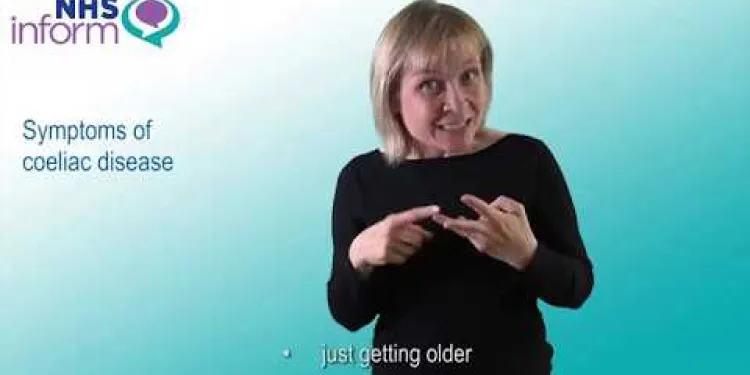
Symptoms of coeliac disease
Relevance: 11%
-

What are the potential benefits of CBD?
Relevance: 11%
-

Are there any long-term effects of using Botox?
Relevance: 10%
-

Who should avoid using caffeine pouches?
Relevance: 10%
-

Can hay fever symptoms mimic other conditions?
Relevance: 10%
-
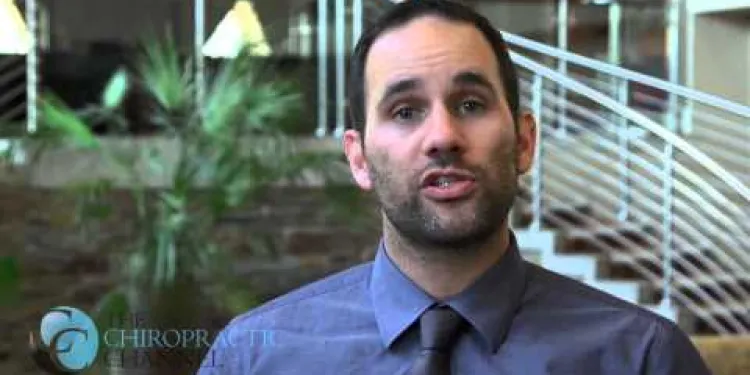
Chiropractic Care on the NHS
Relevance: 7%
-

Who founded homeopathy?
Relevance: 6%
-

Is homeopathy widely used in the UK?
Relevance: 5%
-

Do chiropractors only treat the spine?
Relevance: 5%
-
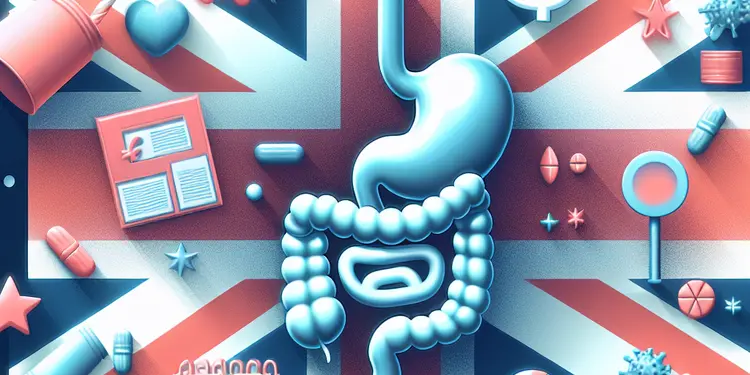
What are some signs of poor gut health?
Relevance: 5%
Migraine: Understanding the Condition
Migraines are a common neurological condition that affects millions of people in the United Kingdom and worldwide. They are characterized by intense, throbbing headaches that can last for hours or even days. Migraines often involve other symptoms, such as nausea, vomiting, and sensitivity to light and sound, significantly impacting the quality of life for sufferers.
Causes and Triggers of Migraine
While the precise cause of migraines remains unknown, several factors are thought to contribute to their onset. Genetic predisposition plays a significant role, as migraines often run in families. Common triggers include stress, hormonal changes, certain foods and drinks (such as caffeine and alcohol), lack of sleep, and environmental factors like bright or flashing lights. Recognizing personal triggers can be crucial in managing and preventing migraine attacks.
Symptoms to Watch For
Migraine symptoms can vary widely among individuals but typically include a severe headache on one side of the head. This pain may be accompanied by aura, which involves visual disturbances such as flashing lights or blind spots, and other sensory symptoms. Nausea and vomiting, as well as heightened sensitivity to light, sound, and smells, can also occur. These symptoms can affect daily activities and lead to missed work or social engagements.
Diagnosis and Treatment Options
A healthcare professional can diagnose migraines based on medical history, symptoms, and a physical and neurological examination. There is no specific test for migraines, but the doctor may order tests to rule out other causes of headaches. Treatment options include lifestyle changes, such as stress management and dietary adjustments, as well as medication. Acute treatments can alleviate symptoms during an attack, while preventive medications aim to reduce the frequency and severity of migraines.
Living with Migraine in the UK
In the UK, migraine management support is available from the NHS and various migraine charities that provide resources and support networks for sufferers. Self-help strategies, such as maintaining a headache diary, practicing regular exercise, and adopting a healthy sleep routine, are advisable. Moreover, staying informed about the latest research and treatment options can empower individuals to manage their condition effectively.
Migraine: Understanding the Condition
Migraine is a type of headache that many people get. These headaches are very strong and can last a long time, sometimes hours or even days. When people have a migraine, they may also feel sick to their stomach, throw up, and not like bright lights or loud noises. This can make it hard to do everyday things.
Causes and Triggers of Migraine
Doctors don't know exactly why people get migraines, but they think some things can start them. Migraines often happen in families, so if a parent has it, their child might too. Things like stress, changes in hormones, some foods and drinks (like caffeine and alcohol), not sleeping enough, or bright lights can make migraines start. Knowing what starts your migraine can help you stop them.
Symptoms to Watch For
Migraine symptoms are not the same for everyone, but usually include a painful headache on one side of the head. Sometimes people see flashing lights or have trouble seeing clearly, called an aura. Feeling sick, throwing up, and not liking bright lights, loud noises, or strong smells are also common. These problems can stop you from doing daily activities like school or work.
Diagnosis and Treatment Options
A doctor can tell if you have migraines by talking to you about your health and checking how you are feeling. There is no special test for migraines, but doctors can do other tests to make sure the headaches aren't from something else. To help with migraines, you can try changing things in your life, like trying to be less stressed or eating different foods. Medicines can also help stop the pain or make the migraines happen less often.
Living with Migraine in the UK
In the UK, the NHS and migraine charities can help people with migraines. They provide information and support groups. You can help yourself by keeping a diary of when you get headaches, exercising regularly, and having a good sleep pattern. Learning about new treatments can also help you manage your migraines better.
Frequently Asked Questions
What is a migraine?
A migraine is a debilitating headache disorder that is often characterized by intense, throbbing pain, usually on one side of the head. It can also include symptoms like nausea, vomiting, and sensitivity to light and sound.
What are the common triggers for migraines?
Common migraine triggers include stress, hormonal changes, certain foods and drinks (like chocolate, cheese, caffeine, and alcohol), changes in sleep patterns, and environmental factors such as bright lights and strong smells.
How are migraines diagnosed?
Migraines are typically diagnosed based on a patient's medical history, symptoms, and a physical and neurological examination. Imaging tests may be recommended to rule out other causes of headaches.
What are the different types of migraines?
The main types of migraines include migraine with aura (previously called classic migraines), migraine without aura (common migraines), chronic migraines, and hemiplegic migraines.
What is 'aura' in the context of migraines?
Aura refers to a series of sensory disturbances that occur before a migraine attack. These can include visual changes such as flashes of light or blind spots, as well as other symptoms like tingling in the hands or face.
Can migraines be cured?
While migraines cannot be cured, they can be managed effectively with a combination of medications, lifestyle changes, and alternative therapies to reduce the frequency and severity of attacks.
What medications are available for migraine relief in the UK?
In the UK, medications for migraines include over-the-counter painkillers like ibuprofen and paracetamol, triptans for acute attacks, and preventive medications such as beta-blockers, antiepileptics, and antidepressants.
Are there any non-medication treatments for migraines?
Yes, non-medication treatments for migraines include relaxation techniques, cognitive behavioural therapy, acupuncture, and biofeedback. Lifestyle modifications like maintaining a regular sleep schedule and a balanced diet can also help.
How can diet affect migraines?
Certain foods and drinks can trigger migraines, while a balanced diet with regular meals may help prevent them. Keeping a food diary can help identify specific triggers for individuals.
Can stress cause migraines?
Yes, stress is a common trigger for migraines. Learning stress management techniques can help reduce the frequency of migraines for some people.
Is exercise beneficial for people with migraines?
Regular moderate exercise can help reduce the frequency and severity of migraines for some individuals, although intense exercise may trigger migraines in others.
What should I do if I get a migraine at work?
If you get a migraine at work, try to find a quiet, dark place to rest. If you have medication, take it as soon as symptoms begin. Inform a colleague or your manager so they are aware of your condition. Regular breaks and staying hydrated can also help manage symptoms.
How does sleep affect migraines?
Both insufficient sleep and oversleeping can trigger migraines. Maintaining a consistent sleep schedule and ensuring good sleep hygiene can help manage migraines.
Are children and teenagers affected by migraines?
Yes, children and teenagers can experience migraines. The symptoms may be slightly different, with more pronounced nausea and abdominal pain, but they generally require similar approaches to management and treatment.
When should I see a doctor about my migraines?
You should see a doctor if your migraines are becoming more frequent or severe, are not relieved by over-the-counter medications, or if they are affecting your daily life. It's also important to seek medical advice if you experience symptoms like a sudden, severe headache, visual disturbances, or other unusual symptoms.
What is a migraine?
A migraine is a very bad headache. It can make your head hurt a lot. Sometimes, it can make you feel sick or you might see flashing lights. It can last for a few hours or even a whole day.
If you get migraines, you can try some things to feel better:
- Rest in a quiet, dark room.
- Put a cool cloth on your head.
- Drink some water.
- Ask a grown-up for medicine that helps with pain.
Talk to a doctor if you have lots of migraines. They can help you find more ways to feel better.
A migraine is a very painful headache. It often hurts a lot on one side of your head. You might also feel sick, throw up, and not like bright lights or loud sounds.
What things can cause migraines?
Things that make headaches happen:
- Feeling worried or stressed.
- Changes in hormones (like when girls have their period).
- Eating or drinking certain things, like chocolate, cheese, caffeine (in drinks like coffee or cola), and alcohol.
- Sleeping too much or too little.
- Bright lights or strong smells.
Here are some things that might help:
- Try to relax and take deep breaths when you feel stressed.
- If certain foods or drinks give you headaches, try to avoid them.
- Try to go to bed and wake up at the same time every day.
- In bright places, wear sunglasses.
- Stay away from strong smells.
How do doctors find out if you have migraines?
Doctors ask questions and do tests to know if someone has migraines. They might ask about your headaches, when they happen, and how they feel. You can keep a headache diary. Use a calendar to write down each time you get a headache. Show it to your doctor.
Sometimes, doctors use machines to take pictures of the brain. This helps them see if anything else is causing the pain.
If reading is hard, you can ask someone to read with you or use a reading app to read out loud.
Doctors find out if you have migraines by asking about your past health, symptoms, and by checking your body and nerves. Sometimes, they might use special pictures, like scans, to make sure nothing else is causing the headaches.
If you find reading hard, you can try using tools like audiobooks or asking someone to help you read. Taking breaks can help too.
What are the different types of migraines?
Migraines are strong headaches. They can make you feel very bad. There are different kinds of migraines. Here are some:
- Simple Migraine: This is the most common. You get a bad headache on one side of your head.
- Migraine with Aura: Before the headache, you might see flashes of light or feel tingling.
- Silent Migraine: You get aura or other migraine symptoms but no headache.
- Hemiplegic Migraine: This can make one side of your body weak, like a stroke.
If you have strong headaches, tell an adult or a doctor. They can help you feel better. Using pictures or notes can help you explain your symptoms.
There are different types of migraines. These are:
1. Migraine with aura - people used to call this classic migraines.
2. Migraine without aura - people used to call this common migraines.
3. Chronic migraines - these are migraines that happen often.
4. Hemiplegic migraines - these are a type of migraine that can make one side of your body feel weak.
What is 'aura' with migraines?
An aura is a warning sign that a migraine is coming. It can make you see things like lights or shapes that aren't there. You might also feel tingling or numbness in your body.
Some tools can help understand this better: ask someone to explain it in simple words, or use drawings to show what an aura looks like. You can also use apps that show pictures and sounds to help you understand.
An "aura" is something that can happen before you get a migraine headache. It can change what you see, like seeing flashes of light or spots where you can't see. You might also feel tingling in your hands or face.
Can we fix migraines?
Migraines are very bad headaches. Doctors don’t have a cure yet. This means they can't make migraines go away forever. But there are ways to feel better:
- Rest in a quiet, dark room.
- Put a cool cloth on your forehead.
- Drink water.
- Take medicine from a doctor.
Ask an adult you trust for help. You can also talk to a doctor or nurse.
Migraines cannot be completely fixed, but you can make them better. You can use medicine, change how you live, and try different therapies. This can help make migraine attacks happen less often and not hurt as much.
What medicines can help with migraines in the UK?
In the UK, people can take medicine to help with migraines. You can buy some painkillers like ibuprofen and paracetamol from the shop. There are special medicines called triptans for when you have a migraine attack. There are also medicines to stop migraines before they start. These include beta-blockers, antiepileptics, and antidepressants.
Can you help migraines without using medicine?
If you get migraines, you might want to try some simple things to feel better. Here are some ideas:
- Rest in a Quiet, Dark Room: Find a calm place. Make the room dark and quiet.
- Use a Cold Pack: Put a cool cloth or ice pack on your head.
- Drink Water: Make sure you drink plenty of water.
- Relax: Try to stay calm. You can try deep breaths or listen to soft music.
You can try these things to help with your migraines. If you need more help, talk to a doctor.
Yes, there are ways to help with migraines without using medicine. You can try relaxing, talking to a therapist, or doing acupuncture. There's something called biofeedback that might help too. You can also try to go to bed at the same time every night and eat healthy foods.
How can the food you eat change migraines?
Some people get headaches called migraines. What you eat can change how often you get migraines or how strong they are.
Here are some tips:
- Eat regularly. Try not to skip meals.
- Drink enough water.
- Some foods might cause migraines. These can be chocolate, cheese, coffee, or very cold foods like ice cream.
- Write down what you eat and when you get a migraine. This can help you see if certain foods are causing them.
You can talk to a doctor or a dietitian. They can help you make a plan to eat foods that are good for you.
Some foods and drinks can cause headaches called migraines. Eating healthy meals at the same time every day can help stop them. Writing down what you eat and drink can help find out what causes your headaches.
Does stress give you headaches?
Yes, stress can cause headaches called migraines. Learning ways to handle stress can help stop migraines from happening often.
Does exercise help people with migraines?
Doing exercise that is not too hard can help some people get fewer and less painful migraines. But if they exercise too hard, it might cause a migraine.
What to Do if You Get a Migraine at Work
A migraine is a very bad headache. It can be hard to work if you get one.
Here are some simple steps you can follow:
- Tell your manager or a work friend that you have a migraine.
- If you can, find a quiet and dark place to rest.
- Drink some water. Staying hydrated can help.
- If you have medicine for migraines, take it.
- Use a cool cloth or ice pack on your head to feel better.
Some other things that might help:
- Wear sunglasses if the lights are too bright.
- Use earplugs or headphones to block loud noise.
- Take deep breaths to relax.
Remember, it is okay to ask for help if you need it.
If you get a headache at work, try to find a quiet and dark place to rest. If you have medicine, take it when you start to feel the headache. Tell a work friend or your boss, so they know how you feel. Take regular breaks and drink lots of water to help feel better.
How does sleep affect headaches?
When we sleep well, it can help stop headaches.
If we do not sleep enough, it might make headaches worse.
It is good to have a bedtime routine. Go to bed at the same time every night.
If you have trouble sleeping, try relaxing before bed. Listen to calming music or read a book.
Using a night light or blackout curtains can help you sleep better.
Not getting enough sleep or sleeping too much can cause headaches. Going to bed and waking up at the same time every day can help. Try to keep your bedroom dark and quiet for better sleep. This can stop headaches from starting.
Do kids and teenagers get migraines?
Yes, kids and teens can get migraines. They might feel really sick to their stomachs and have belly pain. But, we usually help them in the same way as we do for grown-ups.
When should I see a doctor for my headaches?
Migraines are really bad headaches. If they make it hard for you to play, learn, or have fun, it's time to ask someone for help.
Here’s when to see a doctor:
- If your headache happens a lot.
- If medicine doesn’t make it better.
- If it stops you from doing things you like.
- If it makes you feel sick or dizzy.
It’s good to have a grown-up with you. They can help you talk to the doctor.
Visit a doctor if your headaches happen more often or hurt more. Go if medicine from the store doesn’t help. See a doctor if your headaches make it hard to do things every day. It’s also important to get help if you have a sudden strong headache or if you see things funny.
Useful Links
Have you found an error, or do you have a link or some information you would like to share? Please let us know using the form below.
-->
This website offers general information and is not a substitute for professional advice.
Always seek guidance from qualified professionals.
If you have any medical concerns or need urgent help, contact a healthcare professional or emergency services immediately.
Some of this content was generated with AI assistance. We’ve done our best to keep it accurate, helpful, and human-friendly.
- Ergsy carfully checks the information in the videos we provide here.
- Videos shown by Youtube after a video has completed, have NOT been reviewed by ERGSY.
- To view, click the arrow in centre of video.
- Most of the videos you find here will have subtitles and/or closed captions available.
- You may need to turn these on, and choose your preferred language.
- Go to the video you'd like to watch.
- If closed captions (CC) are available, settings will be visible on the bottom right of the video player.
- To turn on Captions, click settings .
- To turn off Captions, click settings again.
More Items From Ergsy search
-

Migraine
Relevance: 100%
-

Migraine
Relevance: 99%
-

Migraine | NHS
Relevance: 95%
-

Migraine | NHS
Relevance: 94%
-

Can Botox be used for migraines?
Relevance: 86%
-

What are migraines and cluster headaches?
Relevance: 85%
-

What are headaches?
Relevance: 34%
-

What is Botox used for?
Relevance: 30%
-

Can Botox be used for treating conditions other than wrinkles?
Relevance: 28%
-

What is a common use of paracetamol?
Relevance: 28%
-

What areas can be treated with Botox?
Relevance: 26%
-

What is Botox?
Relevance: 24%
-

Which one is better for headaches: Aspirin or Paracetamol?
Relevance: 23%
-

What are the common uses of Botox?
Relevance: 20%
-

How long has Botox been used in medicine?
Relevance: 19%
-

Can I get Botulism from Botox Treatments?
Relevance: 18%
-

Can anyone get Botox treatments?
Relevance: 18%
-

What is Botox made from?
Relevance: 17%
-

How does Botox work?
Relevance: 17%
-

Is Botox safe?
Relevance: 16%
-

How does Botox work if it's related to botulism toxin?
Relevance: 16%
-

Can Botox cause serious health issues?
Relevance: 16%
-

Can chiropractors help with headaches?
Relevance: 15%
-

Trigeminal Neuralgia
Relevance: 14%
-

Am I affected by Sodium Valproate?
Relevance: 13%
-

Are there specific medications that can cause tinnitus?
Relevance: 13%
-

Is headache a symptom of a concussion?
Relevance: 12%
-

What are the uses of cannabis extract?
Relevance: 12%
-

What are some common conditions treated with homeopathy?
Relevance: 12%
-

GP Nursing Most Common Medications UK.
Relevance: 12%
-

Symptoms of coeliac disease
Relevance: 11%
-

What are the potential benefits of CBD?
Relevance: 11%
-

Are there any long-term effects of using Botox?
Relevance: 10%
-

Who should avoid using caffeine pouches?
Relevance: 10%
-

Can hay fever symptoms mimic other conditions?
Relevance: 10%
-

Chiropractic Care on the NHS
Relevance: 7%
-

Who founded homeopathy?
Relevance: 6%
-

Is homeopathy widely used in the UK?
Relevance: 5%
-

Do chiropractors only treat the spine?
Relevance: 5%
-

What are some signs of poor gut health?
Relevance: 5%


